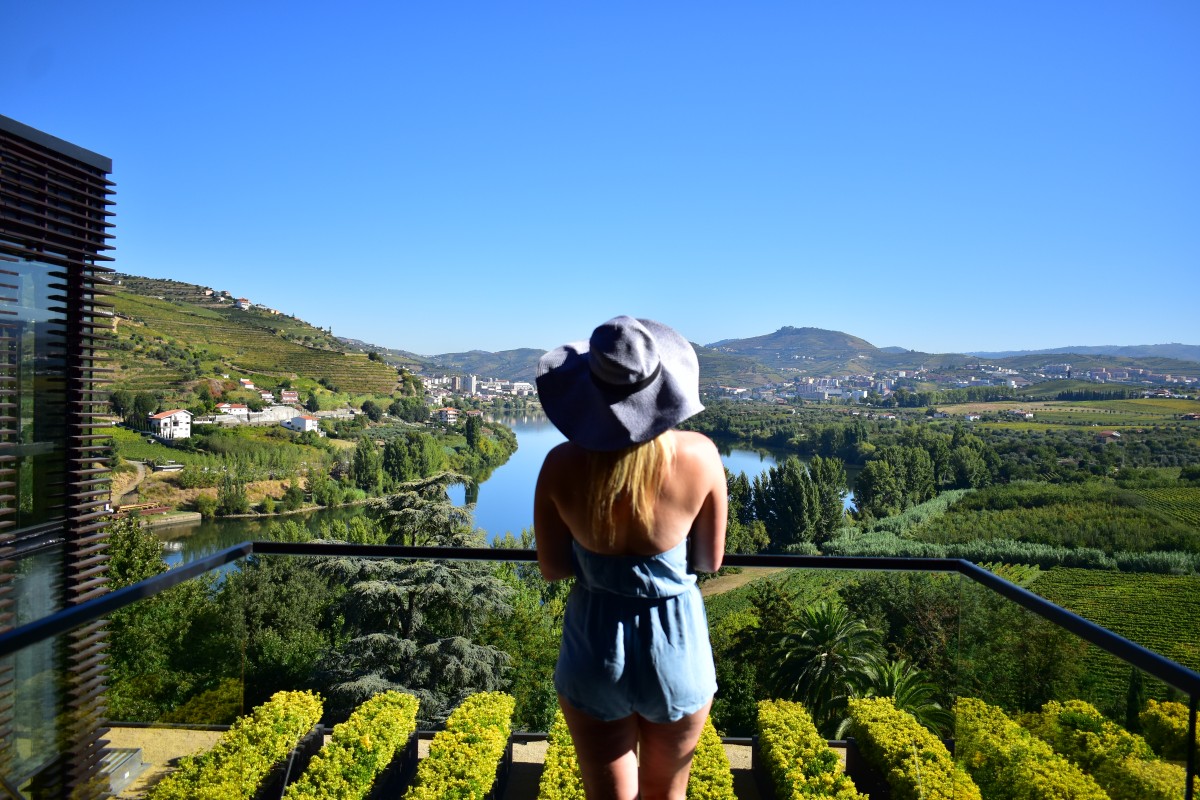Travelling solo can be one of the most enriching and liberating experiences a person can have. It allows for complete freedom to explore at your own pace, engage with new cultures, and embrace moments of self-discovery. However, the key to making the most of your solo trip lies in preparation. From selecting the right luggage to ensuring your safety, careful planning ensures your adventure is as smooth and enjoyable as possible. Here we’ve rounded up everything you need for a successful solo trip…

Choosing the Right Luggage
One of the first things to consider when preparing for a solo trip is your luggage. Selecting a suitable bag can make all the difference, especially when you are the only one responsible for carrying it. Depending on the length of your trip and the type of accommodation you have booked, you will need to decide between a compact carry-on or a more spacious suitcase.
Durability and security should also be priorities, as solo travellers need peace of mind when it comes to safeguarding their belongings. Opt for versatile luggage with multiple compartments to help you stay organised and make packing more efficient.
Entertainment & Activities for Downtime
Packing for downtime is just as important as planning for activities. While solo travel offers plenty of opportunities for exploration, there will be quieter moments where you may want to unwind.
Books, films, and podcasts are excellent companions during long journeys or evenings spent alone. Portable games and puzzles can also provide entertainment, especially in destinations where internet access may be limited. Ensuring you have something to occupy yourself during these quieter moments can make your trip more enjoyable.
Organising Travel Documents
Another essential aspect of solo travel is organising your travel documents. Having your passport, visa, and travel insurance in order is crucial. Make copies of these documents and store them digitally as well as physically to safeguard against any unexpected situations.
It is also helpful to have a list of emergency contacts and addresses readily accessible. Navigational tools such as maps and travel apps can further assist in making your journey stress-free, ensuring you never feel lost or unprepared.
Packing Suitable Clothing
When it comes to clothing, versatility is key. Pack outfits suited to your destination’s climate and activities. Lightweight and breathable clothing is ideal for warmer regions, while layered options work well in places with variable weather.
Comfortable walking shoes are a must, especially if you plan to explore extensively on foot. Accessories like hats, sunglasses, and scarves can add both practicality and style to your wardrobe, ensuring you are ready for any occasion.
Staying Safe While Travelling
Safety should always be a priority when travelling alone. Money belts or clothing with zip-up pockets can help keep valuables secure, while RFID-blocking wallets provide additional protection against electronic theft. Avoid displaying expensive items or large amounts of cash in public, and always remain aware of your surroundings.
Investing in a small padlock for your luggage can also add an extra layer of security. Trusting your instincts and staying vigilant will go a long way in ensuring you feel safe throughout your trip.
Staying Connected While Abroad
Staying connected during your solo trip is essential for safety, navigation, and keeping in touch with loved ones. Make sure to research the best mobile data options available at your destination, whether it’s purchasing a local SIM card or investing in an international roaming plan.
Portable Wi-Fi devices can also be a reliable solution if you need consistent internet access. Download useful travel apps before you leave, including translation tools, maps, and currency converters, to help you manage daily tasks with ease. It’s also a good idea to share your itinerary with friends or family so they can check in on your whereabouts, providing peace of mind for both you and them.
Eating Well & Staying Healthy
Solo travel often involves exploring new cuisines, but maintaining a balanced diet and staying hydrated is just as important as trying local delicacies. Carry snacks such as nuts, dried fruit, or protein bars for times when healthy food options are limited.
Drinking plenty of water is essential, especially in warm climates or during long hikes. If you have dietary restrictions, research suitable restaurants or grocery stores in advance. Prioritising your health and wellbeing will ensure you have the energy to make the most of your adventure without feeling run down.

